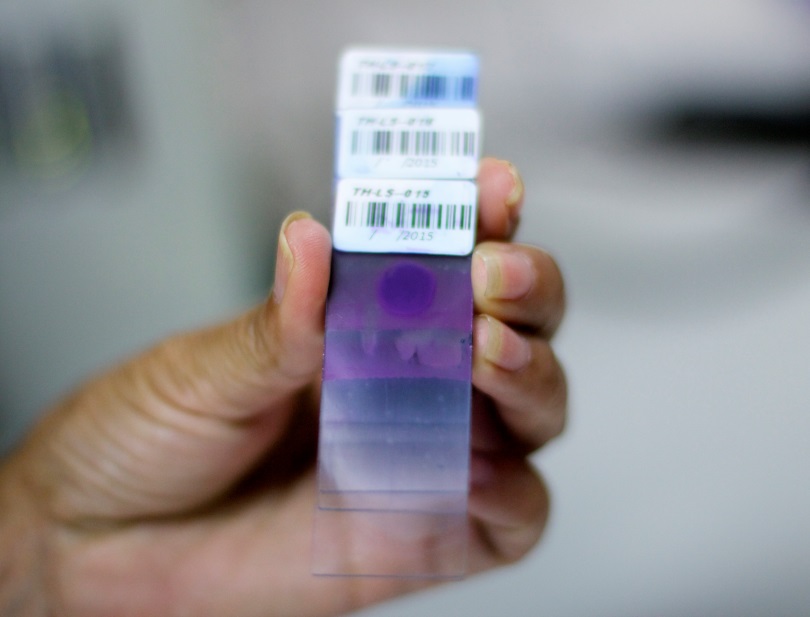In 2009, Thailand replaced its paper-based surveillance system with an electronic management information system that was developed by the Center of Excellence for Biomedical and Public Health Informatics.
However, instead of one streamlined system, Thailand’s malaria program structure led to the creation of two surveillance systems: (1) a vertical system run by malaria clinics and malaria posts that reports promptly to the Bureau of Vector Borne Diseases (BVBD) and (2) a second system managed by the General Health Service, which reports weekly to the Bureau of Epidemiology.
The use of two reporting channels with disparate variables between systems has resulted in gaps and duplication of data that undermine the functional response to malaria outbreaks and case follow-up. With support from PMI, Thailand’s BVBD has developed a new software application that consolidates data from the vertical system with the General Health Service’s system into a single surveillance system.
Dr. Prayuth Sudathip, Head of the Center for Malaria Elimination Coordination at the BVBD, noted that “the electronic database integration is critically valuable for achieving malaria elimination in Thailand. There will need to be more trainings to build local capacity [of ] the government-based information technology personnel for continuous improvement in malaria surveillance and program implementation.” It is anticipated that by the end of 2017, the BVBD will be capable of detecting, treating, and tracking every malaria case reported in Thailand. This will enhance Thailand’s ability to target interventions and resources where they are most needed.

